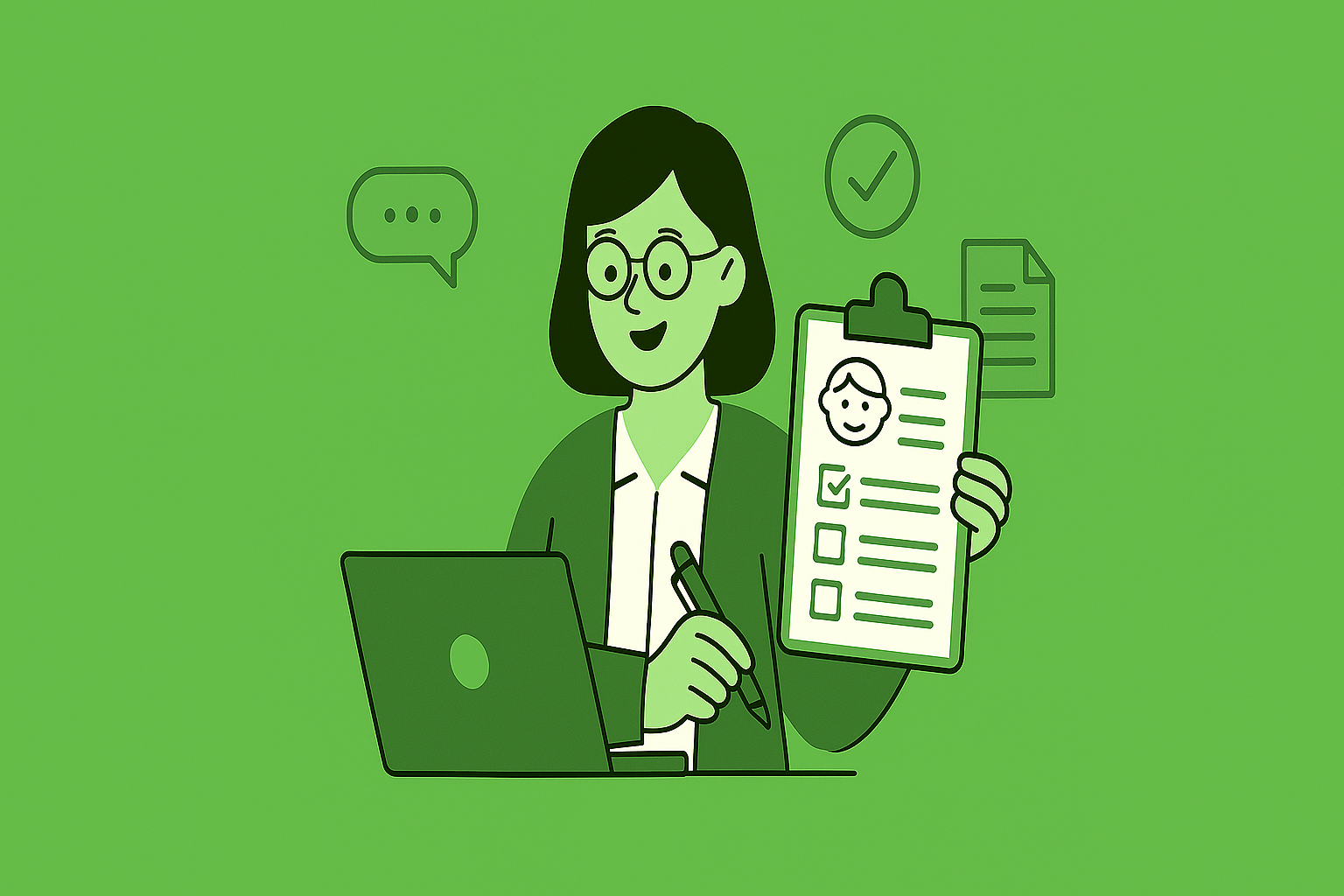Hi, I'm Khula your ultimate co-pilot for continuous child assessment in Life Skills, Language, Mathematics, and broader early childhood developmental areas. I'm here to support you through the assessment process.
I'm ready to start. How do I begin a new child assessment with Khula?
How does Khula simplify and enhance the assessment process for teachers?
Can Khula guide me through assessing a child's development in specific CAPS subjects or ELDA areas?
Legal name
Alternative name
Founded year
Number of employees
1-5
Company type
Industry
Area served
aslabbert@khulani-ecd.com
Phone
083932648
Website
https://khulani-ecd.com
Khulani Teacher Assessment Assistant
16 Jul 2025

22. ELDA Focus: Knowledge and Understanding of the World – Fostering Curiosity and Exploration
The sixth Early Learning and Development Area (ELDA) in the National Curriculum Framework (NCF) is Knowledge and Understanding of the World. This area is about children making sense of their physical and social world, fostering their natural curiosity, and encouraging them to explore, question, and learn about their environment, people, and simple scientific concepts.
Aims of the Knowledge and Understanding of the World ELDA: The primary aims of this ELDA are to enable children to:
- Develop curiosity about their immediate environment and the world around them.
- Explore natural phenomena and living things.
- Understand basic concepts related to people, places, and time.
- Develop early scientific and technological awareness.
- Ask questions and seek information.
- Develop problem-solving skills through investigation.
Developmental Guidelines (Examples for Babies, Toddlers, Young Children, Towards Grade R):
- Babies (0-12 months):
- Beginning: Respond to different sounds, show interest in new objects and faces.
- Moving On: Reach for and manipulate objects, watch moving objects, respond to familiar routines.
- Advancing further: Explore objects by mouthing, touching, and shaking, show early understanding of cause and effect (e.g., shaking a rattle makes a noise).
- Toddlers (1-2 years):
- Beginning: Show interest in how things work, imitate adult actions (e.g., sweeping).
- Moving On: Explore natural materials (e.g., sand, water), begin to understand "inside/outside" concepts.
- Advancing further: Ask "what's that?" about objects, begin to sort objects into basic categories, recognize familiar places.
- Young Children (2-3 years):
- Beginning: Ask "where" and "who" questions about objects and people, show curiosity about animals and plants.
- Moving On: Engage in simple classification (e.g., sorting toys by type), understand basic routines and sequences of events in their day.
- Advancing further: Begin to understand simple concepts like hot/cold, light/dark, explore cause and effect more intentionally, show interest in different jobs people do.
- Towards Grade R (3-4 years/ages 4-6 if this is the focus for Khula):
- People and Places: Talk about their family members and roles, recognize familiar places in their community (school, shop), understand different jobs people do.
- Living and Non-Living Things: Show curiosity about animals and plants, identify common animals, understand basic needs of living things, differentiate between living and non-living.
- Physical Phenomena: Explore properties of materials (e.g., floating/sinking), understand basic concepts like gravity (things fall down), explore light, sound, and simple machines (e.g., levers, wheels).
- Technology (Early Awareness): Show interest in how simple technological devices work (e.g., turning on a light switch, using a toy car), engage in building and constructing.
- Time and Sequence: Understand sequences of events (e.g., "first we play, then we eat"), use basic time concepts (morning, afternoon, yesterday, tomorrow).
- Investigation and Problem Solving: Ask "how" and "why" questions, engage in simple investigations (e.g., "what happens if I mix these colors?"), predict outcomes.
Examples of Activities for Adults to Promote Knowledge and Understanding of the World:
- Take children on nature walks to explore plants, insects, and natural elements.
- Engage in simple science experiments (e.g., floating and sinking, mixing colors).
- Talk about different professions and roles in the community.
- Provide construction toys, puzzles, and materials for building.
- Encourage asking questions and finding answers together (e.g., "Why do leaves change color?").
- Discuss daily routines and sequences of events to build time concepts.
- Visit local places of interest (library, park, fire station).
